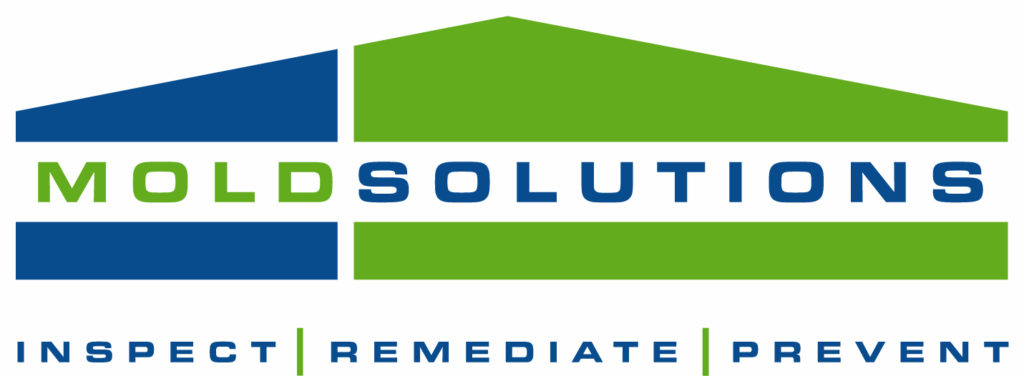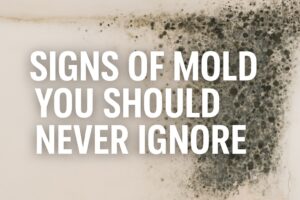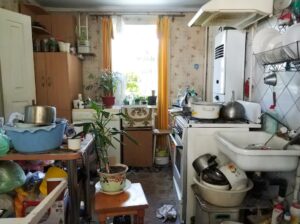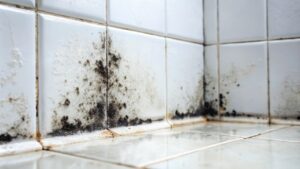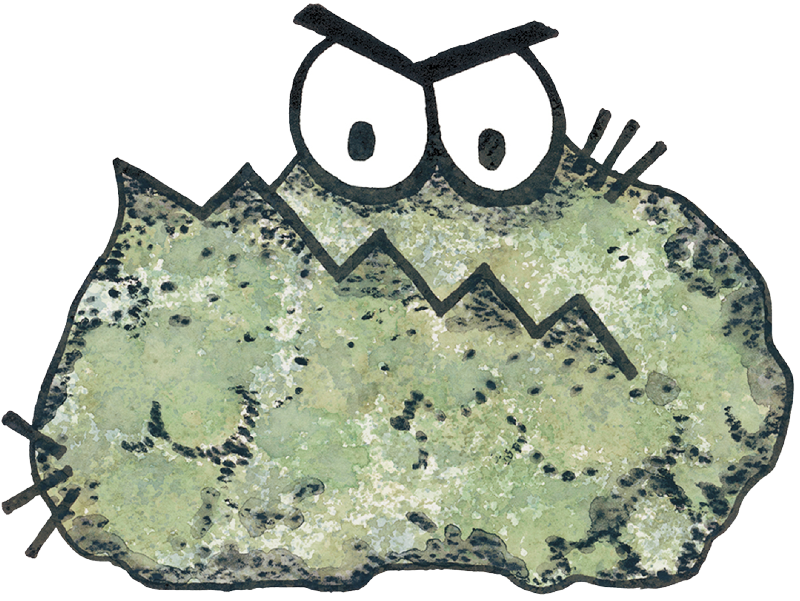Mold is a vicious fungus that can destroy the integrity of your home faster than you can say mold removal. Furthermore, it can cause severe health problems if not dealt with on time. In this article, we’d like to tell you about eight sure signs that you’ve got a mold problem!
Telltale Signs in Your Home
1. Mold Spots on Your Ceiling and Floor
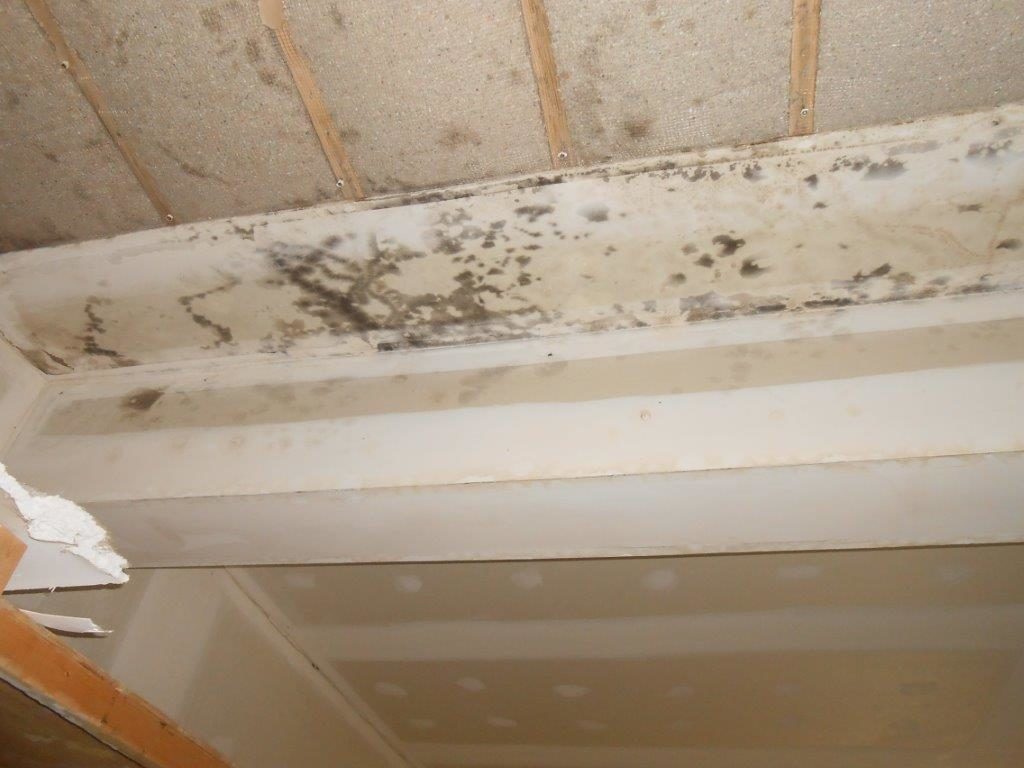
Unfortunately, if you can clearly see mold spots on your ceiling and floor, your mold problem might be pretty severe. Why? Because that means the moisture has already seeped through your home and mold is attacking it from the inside.
Basically, if that’s the case, you need immediate help from a professional mold remediation company. Also, it’s best to leave those visible spots alone, or else you could end up causing more damage to your walls/floor.
2. Your Home Has a History of Flooding
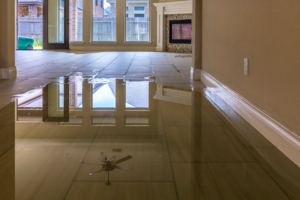
We all know that mold grows in damp areas. If any part of your home keeps getting flooded when it rains, there’s a pretty good chance that mold has already started forming in (and around) that spot.
3. High Humidity
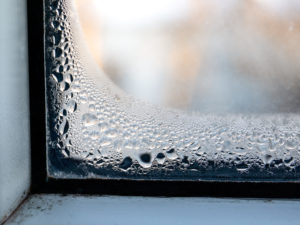
Overall, high humidity produces condensation, which in turn produces mold. Unfortunately, if you live in a humid area, mold is pretty much inevitable, and can only be dealt with by a professional service.
4. Strange Odors
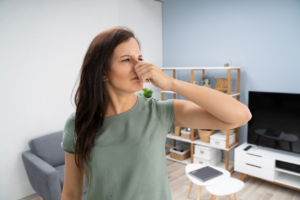
It’s difficult to describe exactly what mold smells like, but we’re willing to bet you’ll be able to detect it once it starts developing. If you’re not 100% sure what that strange new odor in your home is, it’s best to contact a professional who can tell you exactly what you’re dealing with.
5. Structural Warping
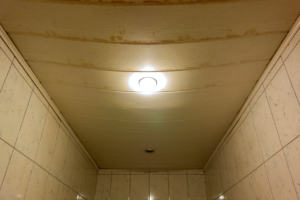
Drywall and wood can easily warp when there’s a lot of moisture present in your home. If your walls look more “bloated” than usual, call a mold-removal service ASAP!
6. Respiratory Issues

If you have trouble breathing when you’re inside your home, whereas when you’re outside you can breathe just fine, that’s another sign of a mold problem. For example, your nose may be stuffed more than usual, or you may feel as if you can’t catch your breath.
7. Nosebleeds

Unexpected nosebleeds are a common side-effect of breathing in mold. If your nose bleeds without reason from time to time, it’s time to contact a mold removal service.
8. Severe Headaches

Not many people know this, but breathing in mold can cause severe headaches. If you’re not prone to them, but you suddenly have regular headaches, that could be a sign of a mold problem.
The Conclusion
The biggest problem with mold is that it can spread easily, and it’s incredibly difficult to get rid of. If you have even the slightest suspicion that your home might be infested, give us a call. Questions? Take our Free 2-Minute Assessment and get answers! We vow to find the source of the mold, fix it, and keep it from attacking your home!
